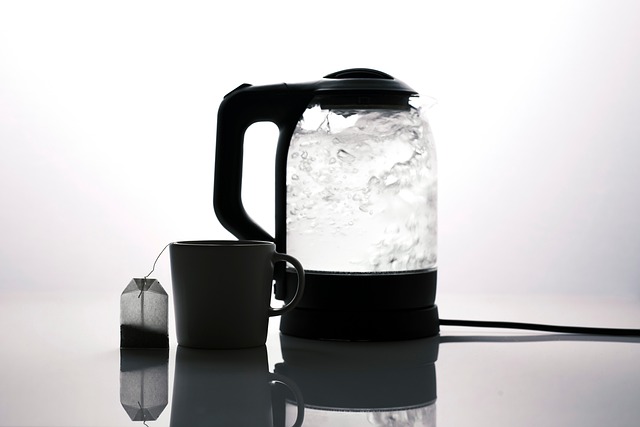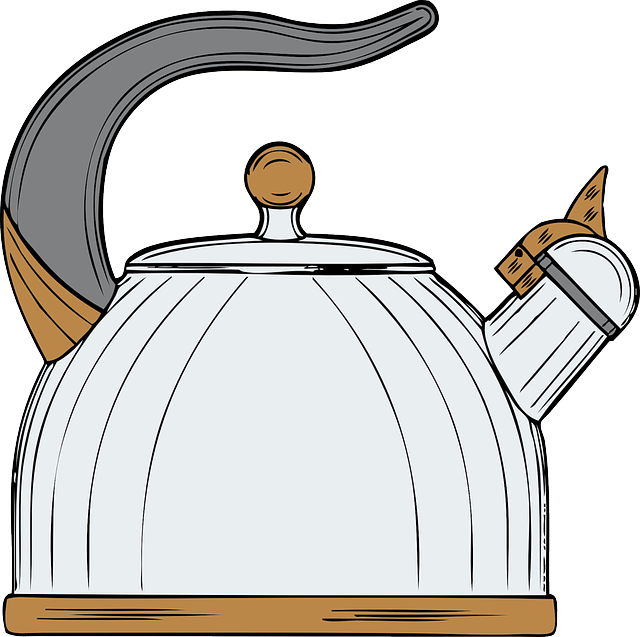If your water heater exhibits inconsistent temperature, frequent repairs, or unusual noises, consider replacing it. Modern water heaters offer enhanced safety and energy efficiency, making them cost-effective upgrades. Assess the age, capacity, and performance of your current unit, compare costs with energy-efficient models, and evaluate hot water usage to determine if a new heater is necessary for reliable, hot water supply.
Struggling with a water heater that’s not performing up to par? You’re not alone. Many homeowners face this issue, often recognizing subtle signs their heater needs replacement. This article guides you through common symptoms, helping you identify if your water heater is beyond repair. We’ll explore factors to consider before upgrading and provide insights on choosing the right new model. Learn when it’s time to take the plunge and say goodbye to cold showers forever by understanding the signs you need a new water heater.
- Common Signs Your Water Heater Needs Replacement
- What to Consider Before Upgrading Your Water Heater
- When to Take the Plunge: Choosing a New Water Heater
Common Signs Your Water Heater Needs Replacement

If your water heater is no longer performing optimally, it might be time to consider replacing it. Here are some common signs that indicate your water heater needs a replacement:
1. Inconsistent Water Temperature: If you’re experiencing fluctuating or uncomfortably cold water temperatures, despite adjusting the thermostat, this could point to an issue with the heating element or the overall efficiency of your water heater. A new model might offer more consistent and hot water throughout.
2. Frequent Repair Needs: Repeated repairs over a short period can be a clear indication that your water heater is nearing the end of its lifespan. The hassle and cost of constant repairs may make replacement a more economical option in the long run. Moreover, modern water heaters are designed with enhanced safety features and energy efficiency, which could greatly benefit you in the future.
What to Consider Before Upgrading Your Water Heater

Before upgrading your water heater, it’s crucial to assess whether the issue is truly with the heater or if there are other contributing factors. Often, what seems like a malfunctioning water heater can be attributed to simple solutions like a faulty thermostat or a sediment build-up in the tank. The age of your current unit is also a significant consideration; while many modern heaters come with energy-saving features and longer lifespans, replacing an old but still functional heater might not be necessary. Additionally, understand your hot water usage patterns – if you have a large household or frequent guests, a larger capacity model might be in order.
Another vital aspect to evaluate is your budget, as new heaters come with varying price tags depending on size, efficiency, and technology. Energy-efficient models, while more expensive upfront, can save you money in the long run through reduced energy bills. Lastly, consider your climate – if you live in an area with frequent temperature extremes, a heater designed to handle such conditions would be ideal. Recognizing the signs that truly indicate a new water heater is needed, like persistent inadequate heating or unusual noises, will help guide your decision-making process.
When to Take the Plunge: Choosing a New Water Heater

If your water heater isn’t performing up to par, it might be time to consider replacing it. Look out for persistent issues like insufficient hot water, unusual noises coming from the tank, or uneven heating. These could indicate faulty parts or an outdated system that’s less efficient and more prone to breakdowns.
When deciding on a new water heater, evaluate your household’s hot water usage and energy needs. Modern options include energy-efficient models like heat pump water heaters, which can significantly lower utility bills. Additionally, consider tankless water heaters for instant hot water without the storage tank, reducing energy consumption even further. Weighing these factors will help you make an informed decision to ensure your new water heater meets your requirements and provides reliable, hot water for years to come.
If you’ve exhausted troubleshooting and your water heater continues to underperform, it may be time to consider Signs You Need a New Water Heater. Before making a decision, weigh the cost and benefits of upgrading and assess your energy needs. Remember, regular maintenance can also extend the lifespan of your existing unit. When ready, choosing a new water heater should be an informed process, ensuring you select the best model for your home’s requirements.
